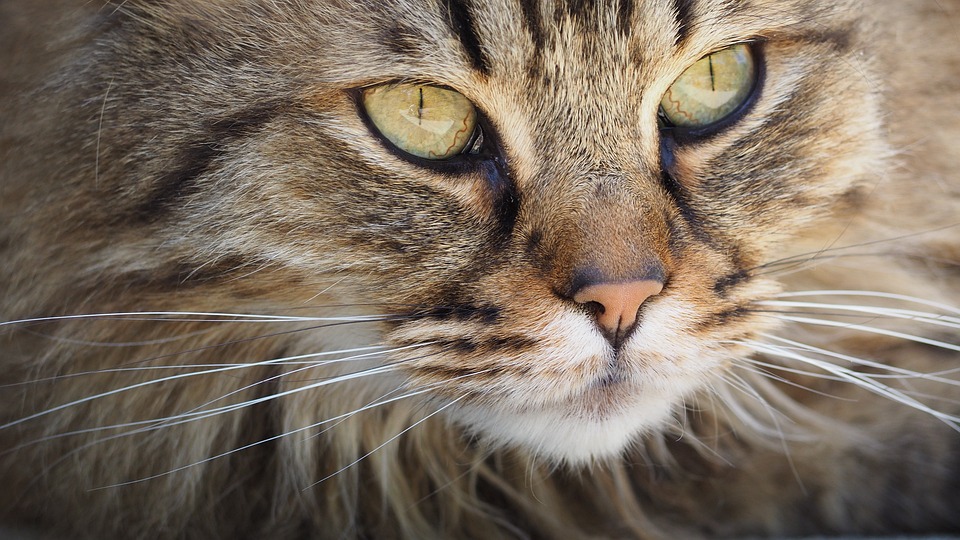Spaying and neutering are essential procedures that every cat owner should consider. These procedures offer numerous benefits for your feline companion’s health and well-being and also contribute to controlling the pet population and reducing the number of stray cats. In this comprehensive guide, we will explore the importance of spaying and neutering cats, addressing common concerns and providing answers to frequently asked questions.
Firstly, let’s define spaying and neutering. Spaying is the surgical removal of a female cat’s reproductive organs, while neutering is the surgical removal of a male cat’s testicles. These procedures are typically performed under general anesthesia and involve making a small incision in the abdomen or scrotum to remove the reproductive organs.
There are several health benefits associated with spaying and neutering your cat. These procedures can prevent certain cancers and diseases, such as uterine infections and testicular cancer. They can also eliminate or reduce behavioral problems, such as aggression and territorial marking. Additionally, spaying or neutering your cat decreases the risk of roaming and fighting, which can lead to injuries and the transmission of diseases.
Controlling the pet population is another crucial reason to spay or neuter your cat. Uncontrolled breeding can result in an overwhelming number of kittens, many of which end up in shelters or as stray cats. By spaying or neutering your cat, you are preventing unwanted litters and reducing the number of stray cats in your community.
The optimal timing for spaying or neutering your cat may vary depending on factors such as their age and overall health. It is best to discuss the appropriate timing with your veterinarian, who can provide guidance based on your cat’s specific circumstances. It is also important to address common misconceptions about early-age spaying or neutering, as these procedures can be safely performed on kittens as young as eight weeks old.
Before the procedure, it is essential to follow your veterinarian’s pre-operative instructions and precautions. This may include fasting your cat prior to surgery and withholding water for a specified period. It is also crucial to communicate with your vet about your cat’s health, including any pre-existing conditions or medications they are taking.
After the surgery, your cat will require post-operative care and recovery. This may involve limiting their physical activity, providing a comfortable and quiet space for them to rest, and monitoring their incision site for any signs of infection or complications.
Now let’s address some frequently asked questions about spaying and neutering.
Q1: Will spaying or neutering my cat change its personality?
A: Spaying or neutering your cat will not significantly alter its basic personality. However, these procedures can help reduce certain behavioral issues like territorial marking and aggression, making your cat more relaxed and content.
Q2: Are there any risks associated with the surgery?
A: Like any surgical procedure, spaying or neutering does come with minimal risks. However, these risks are generally low, and complications are rare when performed by a qualified veterinarian.
Q3: How much does spaying or neutering cost?
A: The cost of spaying or neutering can vary depending on factors such as your location, veterinary clinic, and your cat’s age and health. It is best to consult your veterinarian for an accurate estimate.
Q4: Can my cat gain weight after being spayed/neutered?
A: Spaying or neutering can slightly decrease your cat’s metabolic rate, so it is essential to monitor their diet and ensure they get regular exercise to prevent weight gain. Your veterinarian can provide guidance on proper nutrition.
Q5: Is it necessary to spay/neuter indoor cats?
A: Yes, even indoor cats should be spayed or neutered. Unplanned escapes or accidental mating can still occur, leading to unwanted litters. Additionally, spaying or neutering offers health benefits and reduces the risk of certain diseases.
In conclusion, spaying and neutering are vital procedures that benefit your cat’s health and behavior and contribute to responsible pet ownership. By understanding the importance of these procedures, you are taking a proactive step in ensuring a better quality of life for your feline companion and helping to control the pet population. Consult with your veterinarian to discuss the best timing and options for spaying or neutering your beloved cat.








